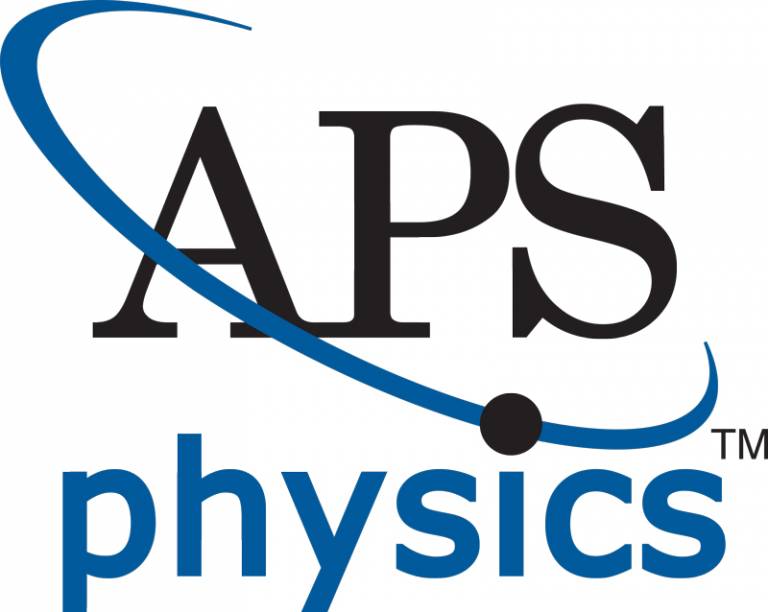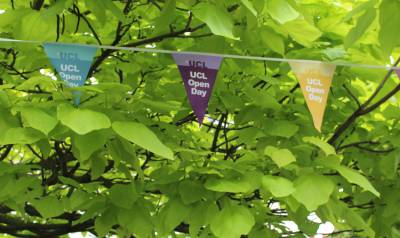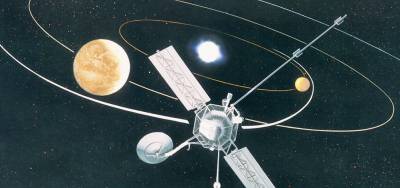UCL Academics elected Fellows of the American Physical Society
17 October 2016

Professor Angelos Michaelides (UCL Physics & Astronomy, UCL London Centre for Nanotechnology) and Professor Hiranya Peiris (UCL Physics & Astronomy) have both been elected Fellows of the American Physical Society (APS). These elections were made by the APS Council of Representatives at its September meeting.
Professor Michaelides' appointment was based upon the recommendation of the Division of Computational Physics, for his ''fundamental contributions to computational simulations of solids and surfaces, particularly adsorption problems, most notably water-solid interfaces."
Professor Peiris was appointed APS Fellow upon the recommendation of the Division of Astrophysics, "for significant contributions to the Wilkinson Microwave Anisotropy Probe project, Planck analyses, and the application of advanced statistical techniques to a wide range of astronomical data."
The number of APS Fellows elected each year is limited to no more than one half of one percent of the membership. APS Fellowships are awarded after extensive review by the Fellowship committee of the appropriate APS division, topical group or forum and by the APS Fellowship Committee. The membership of APS is diverse and global, and the Fellows of the APS reflect that diversity.
Michaelides' research aims at understanding important phenomena in surface-materials and nano-science. Using concepts from quantum mechanics and statistical mechanics, his group applies and develops methods and computer simulations to study processes of relevance to catalysism - such as the properties of metal surfaces and chemical reactions at surfaces - and processes of environmental relevance - such as the nucleation of ice or the dissolution of salts.
He is also director of the Thomas Young Centre (TYC) - London Centre for the Theory and Simulation of Materials. The TYC is a dynamic and interdisciplinary alliance of London researchers which operates at the forefront of science to address the challenges of society and industry through the theory and simulation of materials, or materials modelling.
Peiris is a cosmologist working in both theory and observation. She studies the fossilized heat of the Big Bang and the cosmic microwave background, to understand the physics that governed the very early universe. This research uses large surveys of galaxies to study the subsequent evolution of the universe; with a particular focus on measurements that constrain fundamental physics. She also works at the interface between cosmology and theoretical physics, to refine physical models that explain cosmological observations. The emerging field of astrostatistics, and the development of optimal numerical algorithms capable of handling very large datasets, are common threads that runs through much of her work.
In addition to her appointment as Professor of Astrophysics at UCL, where she is leading a group funded by the European Research Council studying the origins of the Universe, she serves as Director of the Oskar Klein Centre for Cosmoparticle Physics in Stockholm, one of the most dynamic and successful European research centres studying the connection between cosmology and fundamental physics.
 Close
Close




